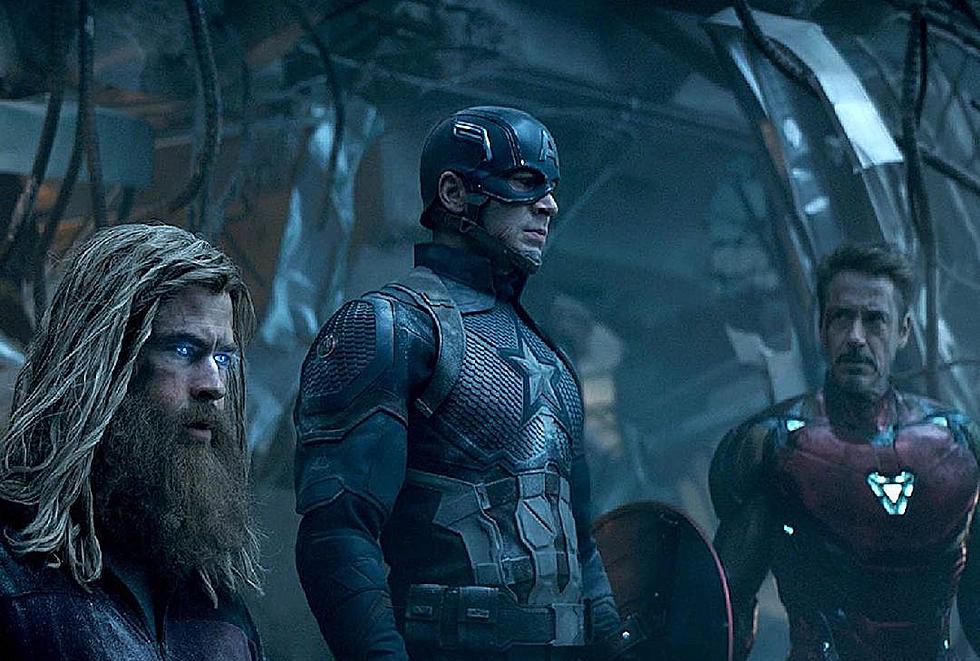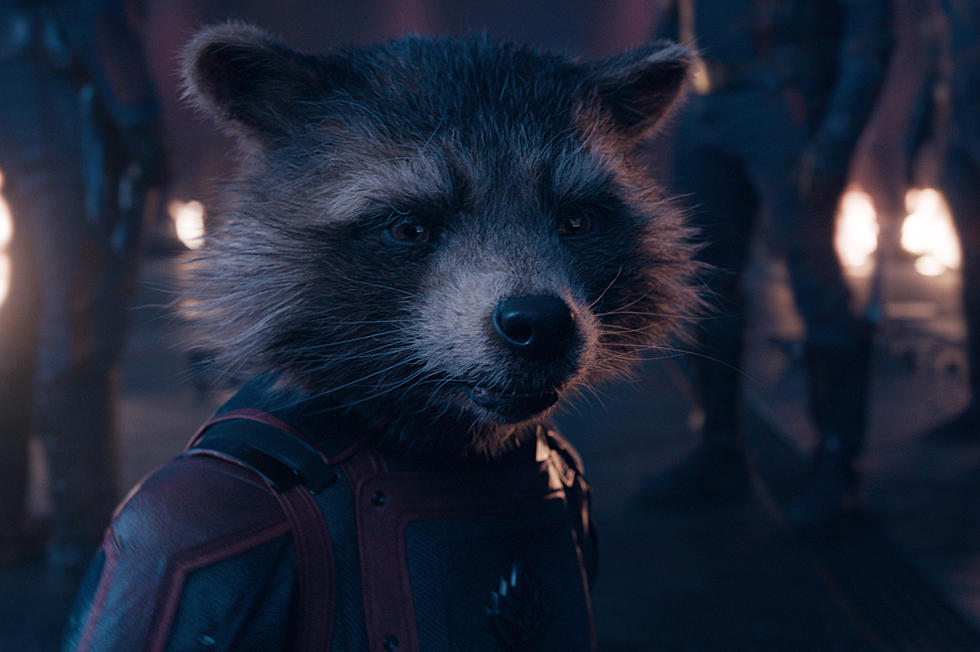
How Marvel Chose Which Avengers Would Die in ‘Endgame’
The following post contains SPOILERS for Avengers: Endgame. I’m not sure who’s still worried about Avengers: Endgame spoilers in 2022, but I don’t want to get yelled at.
There’s no question that Avengers: Endgame brought one chapter of the Marvel Cinematic Universe to a close. And some of the film’s surprises were already sort of a foregone conclusion because of the nature of the actors’ contracts. Robert Downey Jr. and Chris Evans were ready to move on from their Marvel roles, and so they had to be written out of the grand MCU narrative somehow.
But that doesn’t mean the characters’ fates were all etched in stone. In Endgame, Downey’s Tony Stark dies saving the universe, while Evans’ Captain America survives and then willingly chooses to retire from superhero work. But there’s no reason in theory those roles couldn’t have been reversed; Cap could have sacrificed his life to defeat Thanos while Iron Man could have retired to become a full-time husband and father. So how were these storytelling choices made?
In a recent talk at the Sands International Film Festival (via Deadline), Endgame co-director Joe Russo offered some of his most specific comments ever about exactly how he, his brother and co-director Anthony, and Marvel decided who would live and who would die in Avengers: Endgame. Not surprisingly, all of these choices involved an enormous amount of “debate” according to Russo. Ultimately, he said, every choice was determined by what he called his “scientific or academic approach to the way we make commercial movies” and what he and his brother felt were the most “compelling” arcs possible for the characters.
Here’s how Russo explained the thought process behind the fates of three key Avengers:
If you were particularly upset about the fates of these characters, then I suppose you can complain about that on an emotional level. But you can’t say that the Russos didn’t have legitimate justifications for each of the major deaths in Endgame. Personally, I think all of them make total sense. And it’s hard to argue with the end results. When you make the second-biggest movie in history, the audience has clearly responded to something in the material.

Actors Who Turned Down Major Marvel Roles
More From 1025 KISS FM










